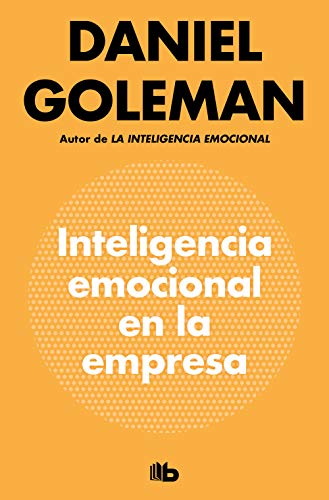What do you think?
Rate this book


Unlike IQ, emotional intelligence can keep growing--it continues to develop with life experiences. Understanding and raising your emotional intelligence is essential to your success and leadership potential. This book is an excellent resource for learning how to accomplish this. --Joan Price
144 pages, Paperback
First published October 1, 1998
"Emotional Intelligence" refers to your capacity to recognize your own feelings and those of others, for motivating yourself, and for managing emotions well in yourself and in your relationships. It describes abilities distinct from, but complementary to, academic intelligence, the purely cognitive capabilities measured by IQ. Many people who are book smart but lack emotional intelligence end up working for people who have lower IQs than they but who excel in emotional intelligence skills."